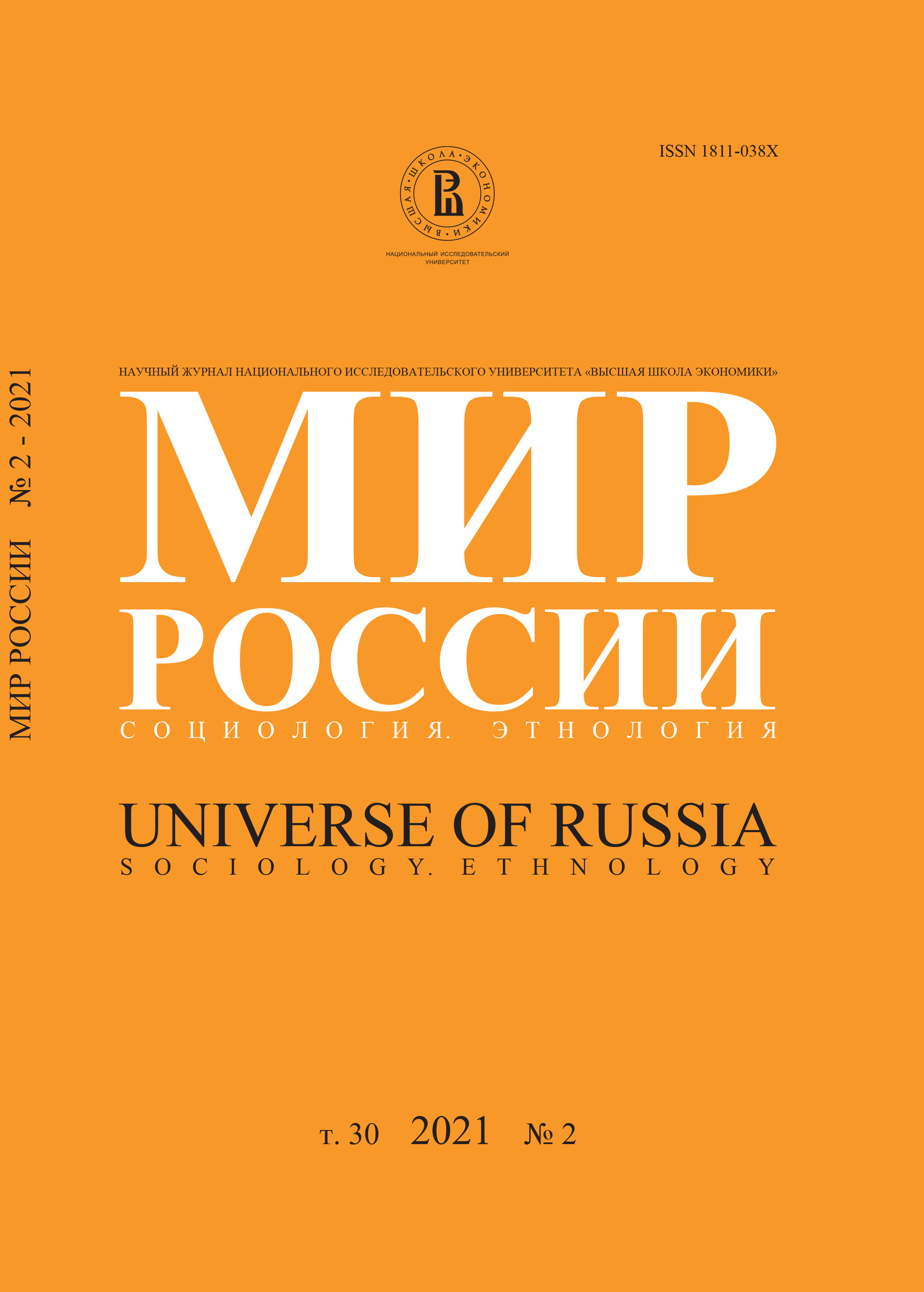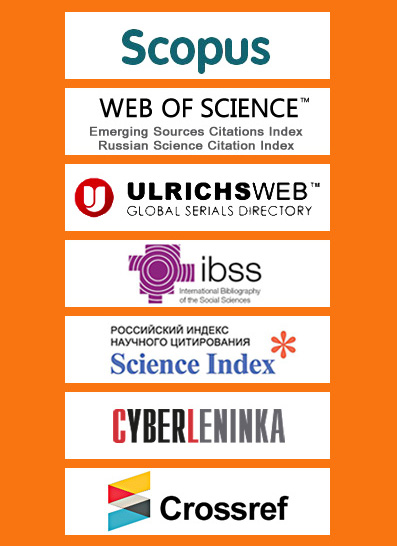Роль религии в денежной благотворительности воцерковленных жертвователей: на примере прихожан московских приходов
Аннотация
Эмпирические исследования на национальных выборках подтверждают значимость религии и религиозности как факторов, определяющих характеристики просоциального поведения, в том числе денежной благотворительности. В настоящей статье мы проанализировали пожертвования, совершаемые воцерковленными прихожанами, в логике дарообмена, выявив разделение пожертвований на помощь ближнему и помощь дальнему кругу. В первом случае это помощь приходу, во втором – благотворительность через некоммерческие организации. Данные получены в ходе личных интервью с прихожанами московских храмов (N=16) и онлайн-опроса православных жертвователей (N=604) в 2019 году. В результате было установлено, что пожертвования ближнему и дальнему кругу имеют разный смысл для благотворителя. Пожертвования ближнему кругу основаны на реципрокном дарообмене и имеют нормативную природу, основаны на поддержании групповой солидарности и принадлежности. Помощь дальнему кругу – это помощь незнакомым людям (нереципрокный дар), и такая благотворительность полезна для веры, борьбы со страстями и индивидуальной духовной работы. Через нереципрокные пожертвования происходит формирование православной самости и совершенствование себя как верующего.






